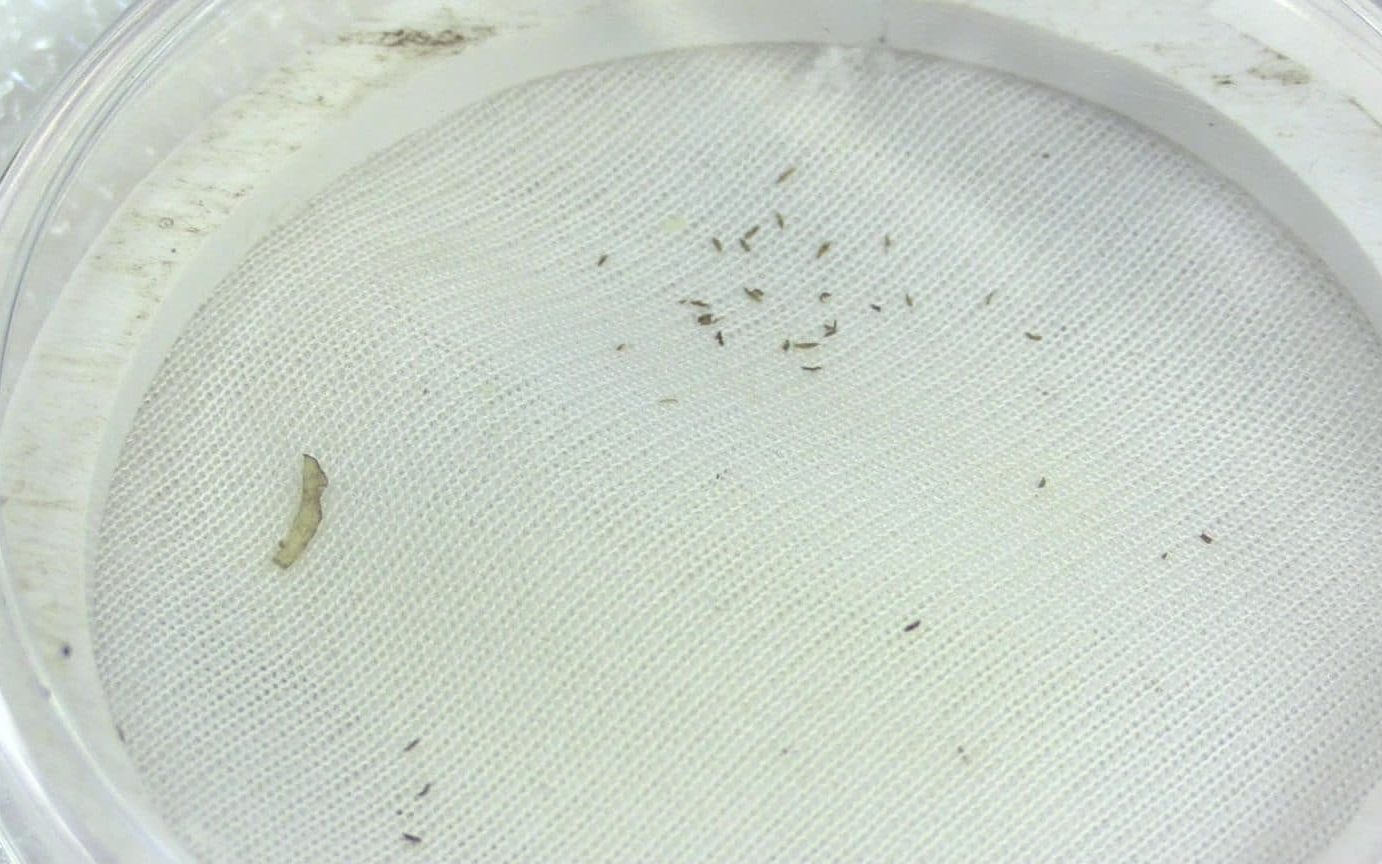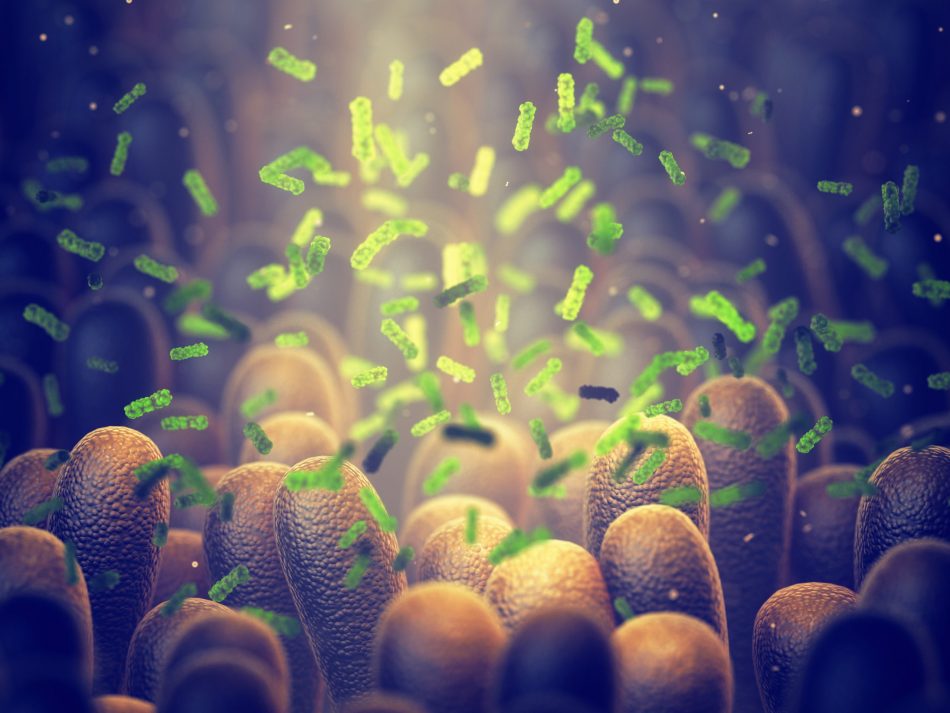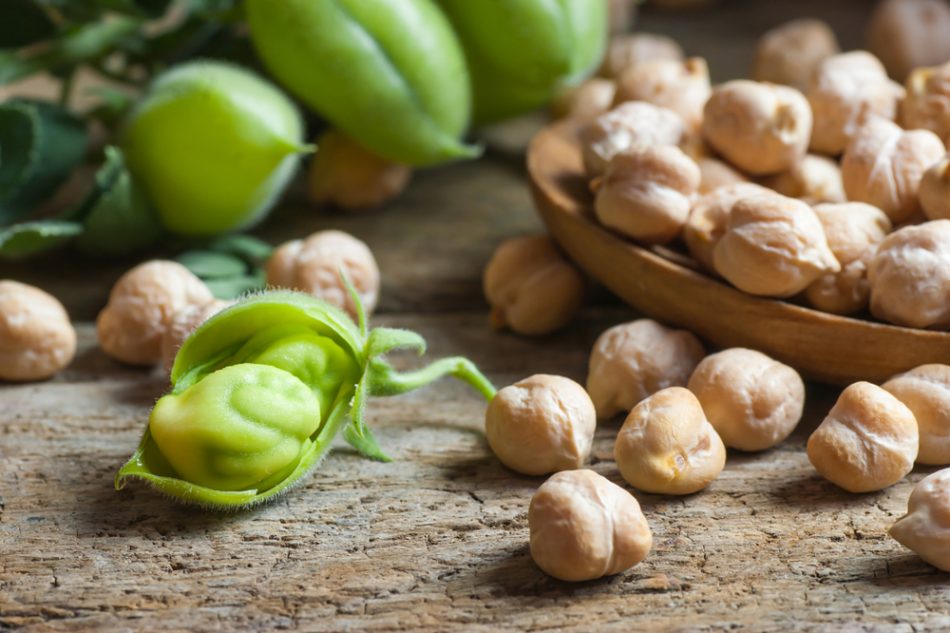
Earthworms: a natural solution to farms’ wastewater
Royal Dairy in Royal City, Washington has a problem that's common to dairy farms. The hundreds of millions of gallons of water used by their dairy and beef cows eventually become wastewater carrying animal waste, nitrates, and other harmful chemicals into the groundwater which people could one day Read More...

Oregon project lets farmers test drive electric tractors
American drivers have plenty of options when it comes to electric cars, but what about farmers? The electrification of the agricultural industry is a lucrative and relatively untapped market. However, first, the technology needs to be sold to farmers, many of whom are hesitant about the Read More...

Pocket gophers: the only other mammal that farms
Farming has been an integral part of the long story of the development of human society. Some mark the beginning of agriculture in the Fertile Crescent in 8500 BC as the start of human civilization. It’s with this in mind that we think of farming as an entirely human job, but that’s not true. Read More...

AI could identify chickens in distress and improve conditions
We’ve already written before about AI’s potential to improve pigs’ lives by listening to them. Now, scientists have found they can use AI on another barnyard favorite: chickens. Artificial intelligence can help the happiness and well-being of chickens by listening to them and determining Read More...

This innovative mesh fabric protects crops from even the tiniest insects
Farmers who don’t use insecticides sometimes opt for mesh fabric instead to protect their crops from annoying pests. To make sure that enough sunlight and water reach the crops, the farmers often use meshes with relatively large holes that smaller insects can slip through to get to crops. Thanks Read More...

Healthier soil means healthier food
We’ve written in the past about regenerative agriculture and how it benefits the planet. It’s a simple system of farming that involves plowing less, using cover crops, and diversifying to create healthier soil. The practice has made products that are 100 percent carbon negative, and it has Read More...

Scientists improve crops without genetic modification
The verdict on genetically modified crops is still not settled globally, with some countries allowing their use and some wary of their potential environmental impact. A new process might make the promise of scientific advancement in food production more digestible. Scientists from the RIKEN Read More...

How to cut down on your food waste
Cutting down on food waste helps the environment in a number of important ways. Most obviously, it saves the resources and energy that go into producing unneeded food at every step of the supply chain, from farming to packaging and shipping. Food that winds up rotting in landfills also produces Read More...

Ammonia-making bacteria could replace polluting fertilizers in the future
Ammonia fertilizers have been effective at helping farmers grow their commercial crops. However, they’re also one of the major sources of nitrogen pollution, contaminating waterways and threatening biodiversity. A recent study, published in the American Society for Microbiology, however, suggests Read More...

AI has helped design the chickpea of all chickpeas
AI has helped humans achieve a lot of things; from predicting seizures, to completing Beethoven’s unfinished 10th Symphony. Its latest endeavor: designing the ultimate chickpea. Although these pulses are a thoroughly understood crop, the genome of most varieties is not well sequenced. An Read More...


